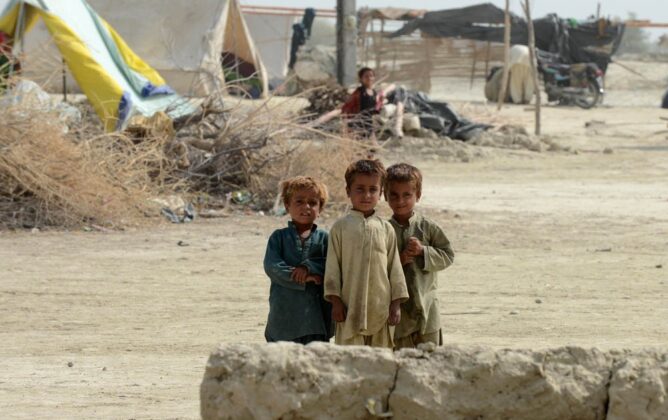
Pakistan’s economic challenge needs structural reforms, not incremental changes as appear to be the case right now. Prime Minister Shahbaz Sharif’s recently presented his new budget for the next fiscal year in which the government laid out ambitious targets with an eye on trying to ensure that the IMF gives Pakistan its 24th bailout loan. However, as an editorial in Dawn noted, “while the measures announced by Finance Minister Muhammad Aurangzeb are a step in the right direction, and seek to tax ‘sacred cows’ such as real estate investors, stock investors, exporters, the retail supply chain, and the like, these lack any “disruptive policy changes”, and represent incremental measures towards documentation of the economy.”
Perhaps, as Dawn pointed out, “political conditions in the country are not conducive for the government to implement the radical measures needed for taking a major leap towards boosting the economy. However, while the tax and deficit targets are ambitious, it is not impossible to pull those off. Yet doubts remain about the authorities’ ability to enforce the new measures fully and ensure greater compliance. While the government has raised the tax collection target to narrow the fiscal gap, the budget makes little effort to cut expenditure.”
The Dawn editorial warned, “although the authorities are hopeful that the new IMF deal will help them unlock these flows and improve the nation’s credit ratings, enabling them to access commercial loans, there is little indication of any substantial boost in foreign flows from these sources in the near term. The IMF deal would be helpful in unlocking multilateral funds, but that is not enough to reassure bilateral or commercial creditors or foreign investors. Sadly, the new budget does not do much in this respect.”
![]()





